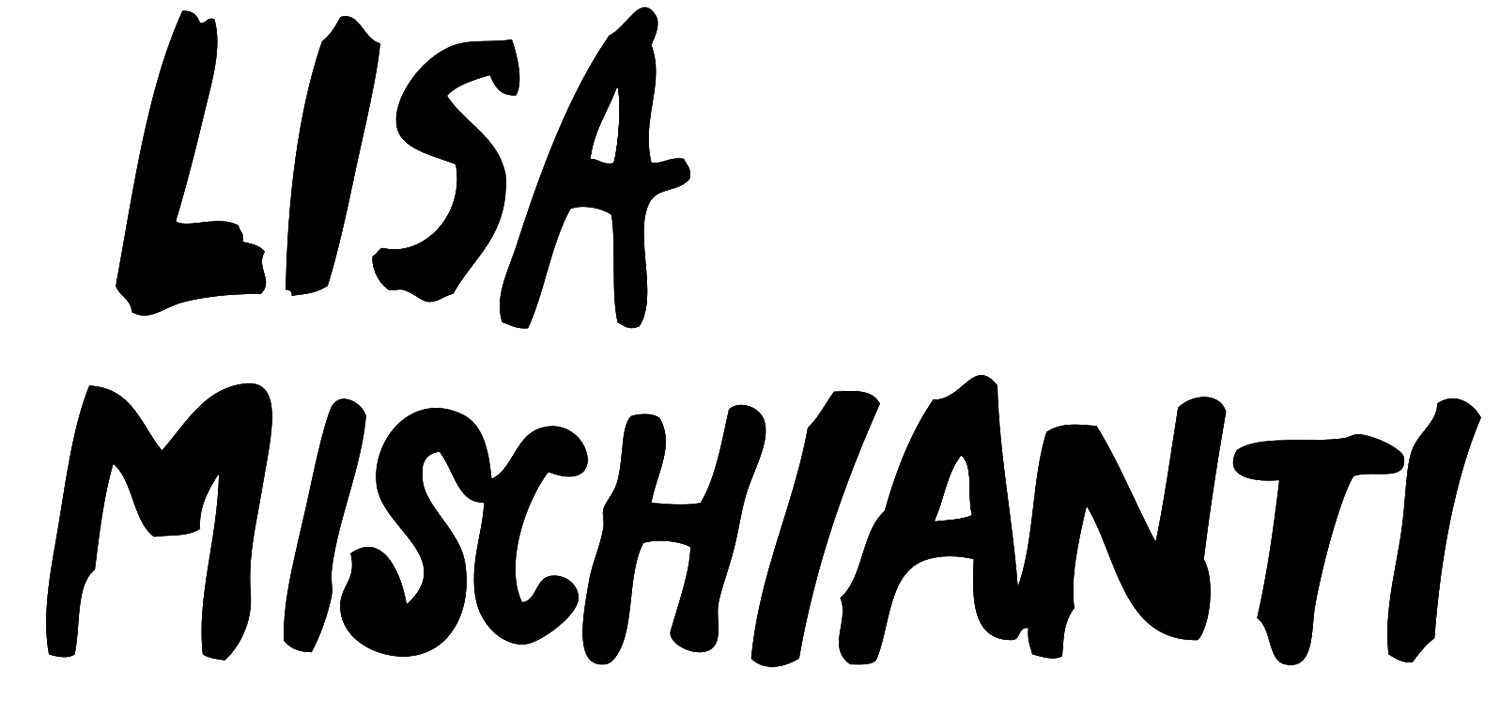MAYA HAWKE
BY LISA MISCHIANTI. PHOTOGRAPHED BY BEN HASSETT. STYLED BY ANNA TREVELYAN
Memories of midday raves with a 19th-century dress code have Maya Hawke feeling rather nostalgic. “During lunch the first couple weeks of filming, we would go into one of our trailers, put on some heinous music, and dance and dance and dance in our full costumes, with petticoats,” Hawke recalls of being on set for the new BBC One adaptation of Louisa May Alcott’s beloved Civil War-era novel, Little Women. The series, which was released this past winter in the U.K. and will debut in the States this spring on PBS Masterpiece, features Hawke as the bold, clever, tomboyish Jo March—the fan favorite of the four sisters at the center of the narrative. It’s a role to which Hawke felt particularly connected, as Alcott’s book was among the first she read cover to cover as a kid struggling with dyslexia. “Jo’s strength inspired me to find mine,” says Hawke.
When she landed the part, Hawke undertook still more extracurricular reading. She became fascinated with the famously independent-minded Alcott, whose own family is said to be the model for Little Women, and Jo a stand-in for Alcott herself. “There’s a book called Eden’s Outcasts that I read, and a book just called Louisa May Alcott that’s great. And I was reading a lot of Emerson and Thoreau to try to get a handle on the transcendentalist movement, and figure out what kind of thinking Louisa was growing up in and around,” explains Hawke.
She also spent quality time with previous film adaptations of the novel, studying up on iconic portrayals of Jo delivered by famed actresses like June Allyson, Katharine Hepburn, and Winona Ryder. For her own performance, Hawke leaned into Jo’s somewhat less-celebrated traits. “Everyone knows that Jo is brave and opinionated and honest. But people also made fun of her for being too boyish, and too silly and awkward and bumbling. Those are the qualities I really wanted to illuminate,” she notes. “I wanted to feel her awkwardness, the things that made her an outcast and different, because those things are real and they need to live in her for her power to also live. They’re two sides of the same coin.”
Post-Little Women, Hawke will move from one female-driven narrative to another: 2018’s Ladyworld. It’s been a pleasantly empowering introduction to the industry. “In the first two projects I’ve worked on professionally, I’ve been doing ensemble work with other young women, which I think is pretty cool. And they both were directed by and written by women. It’s been a wonderful experience of real ensemble support and women lifting each other up, and I feel really lucky for that,” she says.
As for her ongoing film education, that will continue from watching works like Paper Moon; Nashville; Paris, Texas; and Margaret, most of which come recommended by her parents, actors Uma Thurman and Ethan Hawke. “I’ve been sitting at the grown-ups table my whole life,” Maya quips. “So I’ve always been watching those kinds of movies, even if sometimes someone’s hands were over my ears!”


